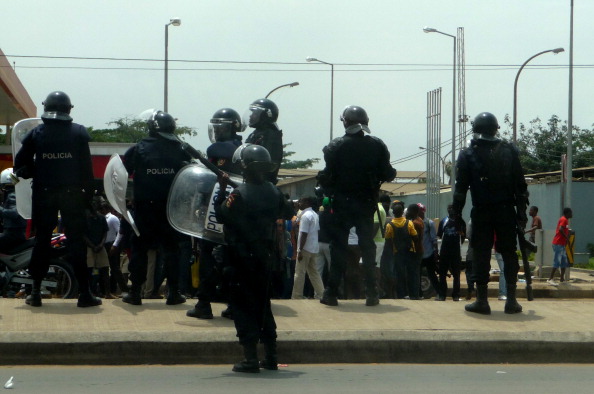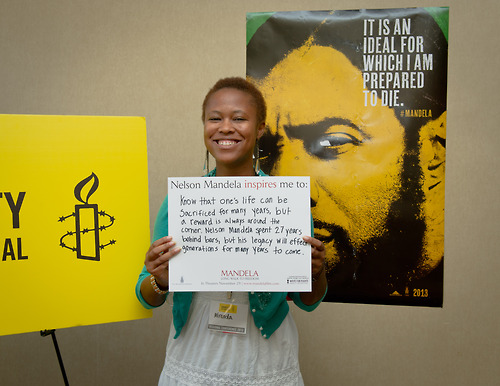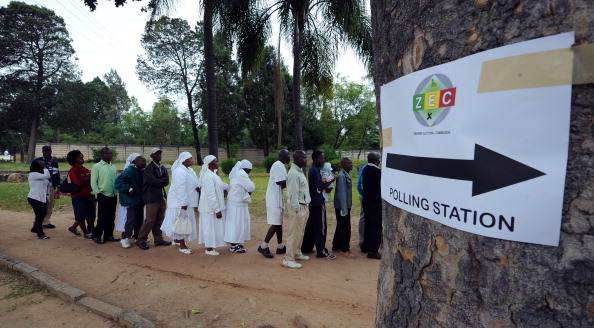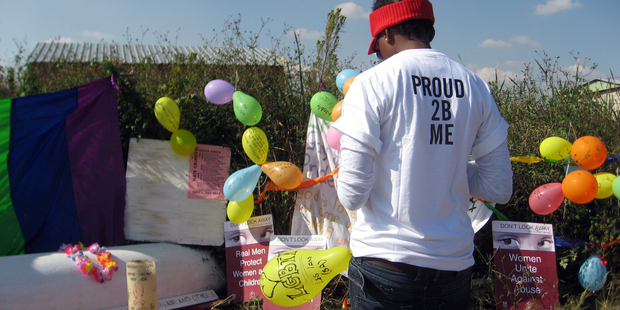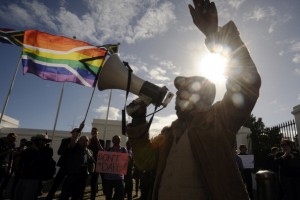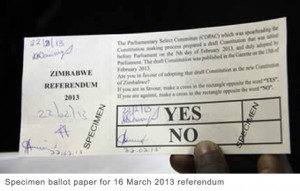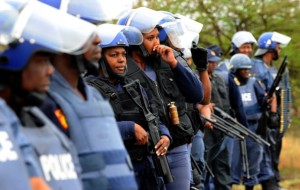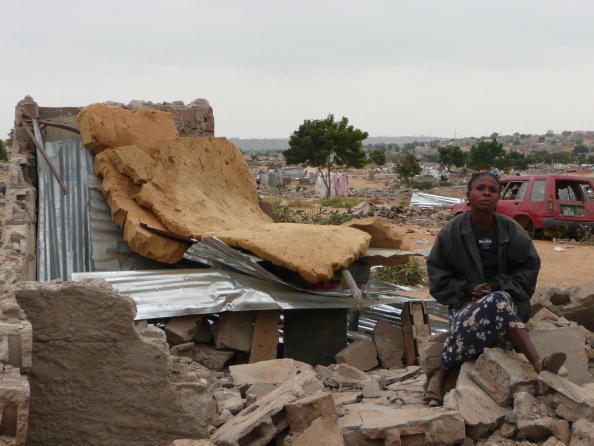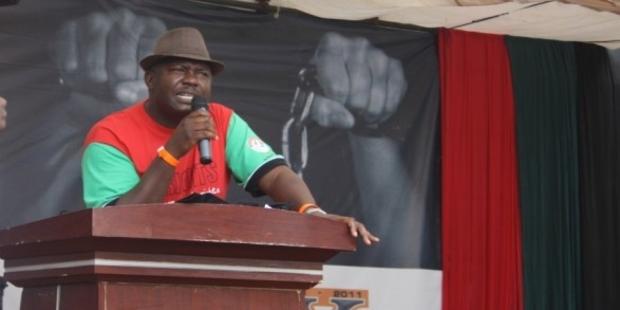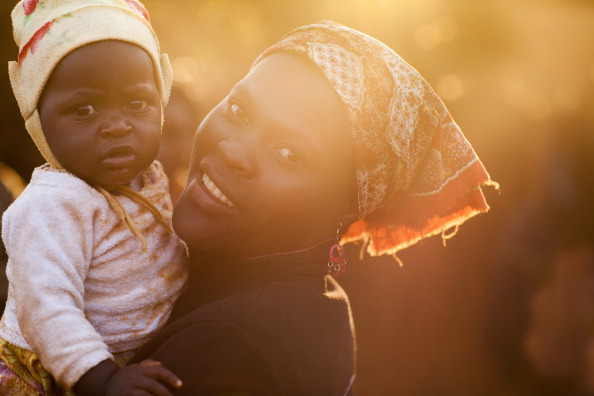
Portrait of a mother with her child in Chimoio, Mozambique (Photo Credit: Ute Grabowsky/Photothek via Getty Images).
This month, Mozambique is considering draconian revisions to its criminal code that will allow accused rapists to escape punishment if they marry the sexual assault survivor.
To say this is a violation of the rights of the survivors is a gross understatement. The law not only minimizes the trauma of the survivor and ignores their rights to bodily integrity and not be subjected to torture, cruel, inhumane and and degrading treatment, it encourages impunity and escape from legal repercussions for heinous criminal violations.
